1. Skip the Coffee and Tea

Plane drinks feel like a treat, especially on early flights, but think twice before sipping the coffee or tea. What most people don’t know is that the water used to brew those drinks comes from onboard tanks that are rarely cleaned to home standards. Flight attendants often quietly avoid them too. It’s not about being dramatic, just being careful with what goes into your body while flying. Stick to bottled water or canned drinks served straight from the source. You’ll avoid unnecessary stomach trouble, especially when you’re already in a cramped space with limited access to restrooms. Sometimes flying smart means keeping it simple.
2. Keep a Small Bag Just for Waste and Valuables
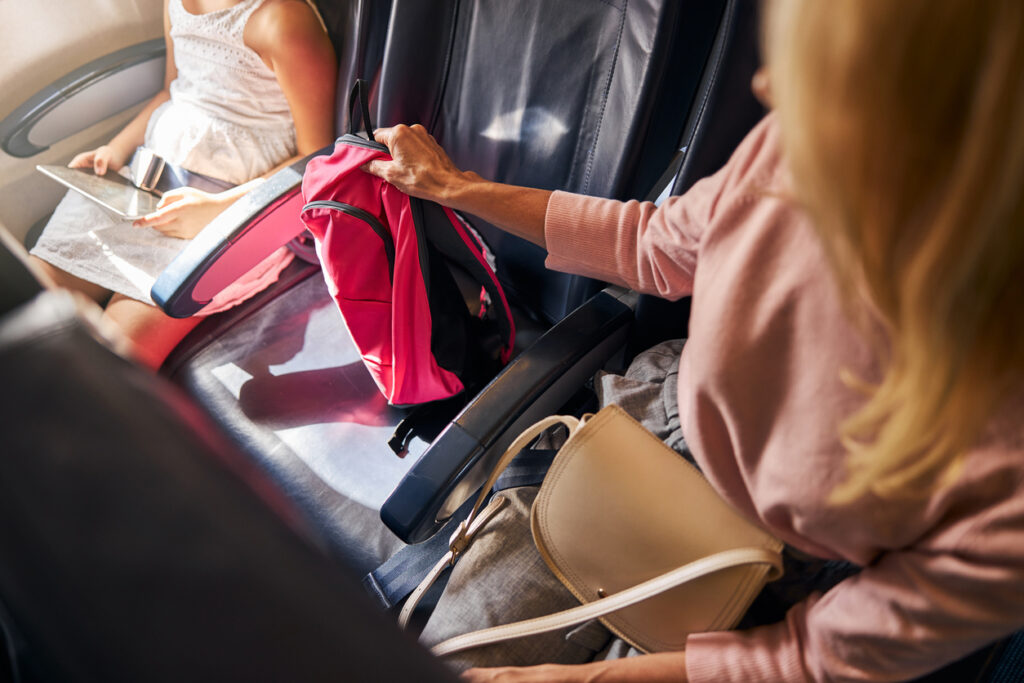
Ever found a sticky gum wrapper or lost earring in your seatback pocket after landing? That’s where a small pouch comes in handy. Savvy travelers always carry a zippered bag or waste pouch for tiny items they want close or trash they accumulate during flights. It saves time during cleanup and keeps things from falling into tight corners. Your phone, jewelry, eye drops or even that half-eaten granola bar need a safe spot midair. It’s also nice to have somewhere to stash tissues, wrappers or earbuds. A small bag might seem insignificant, but it makes a big difference mid-flight and before touchdown.
3. Back It Up to the Cloud Before Takeoff
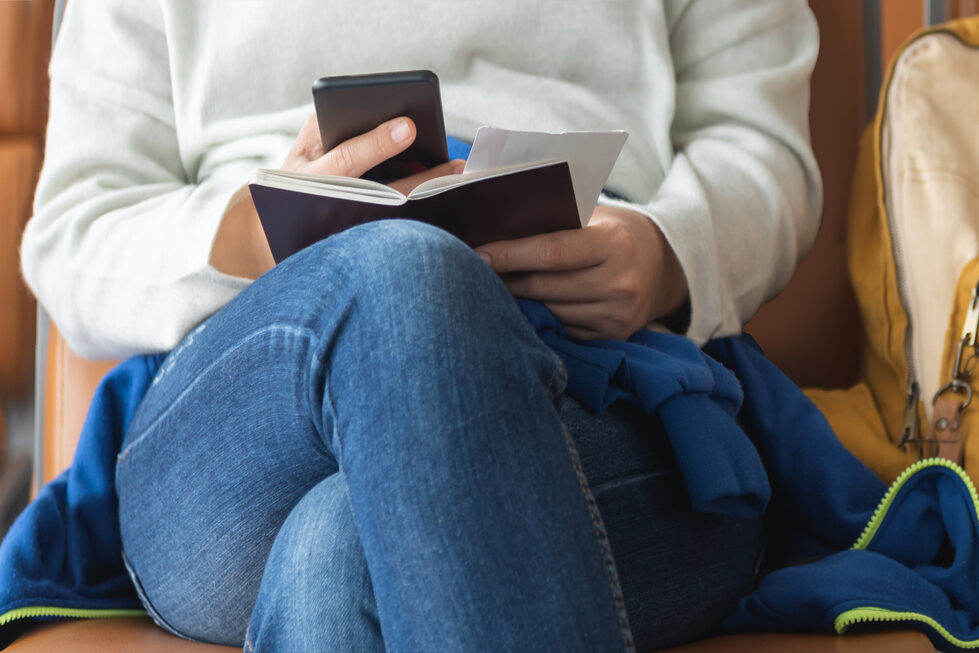
Before you even leave home, take a minute to snap clear photos of your most important travel documents and upload them to a cloud service. Think passport, ID, credit cards and your vaccine card. If your wallet or phone gets lost or stolen, those images will be a lifeline. You don’t need a fancy app or scanner, just your camera and somewhere safe to store the pics. It’s one of those things that takes five minutes but saves days of panic if something goes wrong. In travel, the best backup is the one you prepared before things go sideways.
4. Have a Printed List of Emergency Contacts
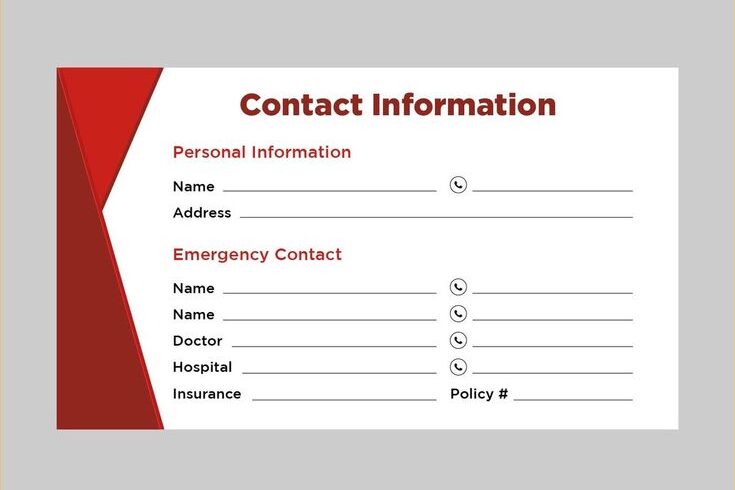
Phones are great until they die, glitch or get stolen. That’s why having a written list of your key emergency numbers can really save the day. Think family, close friends, your hotel, and your bank’s support line. Keep the list tucked into your wallet or passport pouch so it’s always with you. It may seem old-fashioned, but when your phone is out of battery or missing, you’ll be grateful for that little piece of paper. It’s a backup you hopefully never need, but having it brings peace of mind. In travel, small habits like this create a safety net.
5. Know Your Medical Info and Keep It Handy
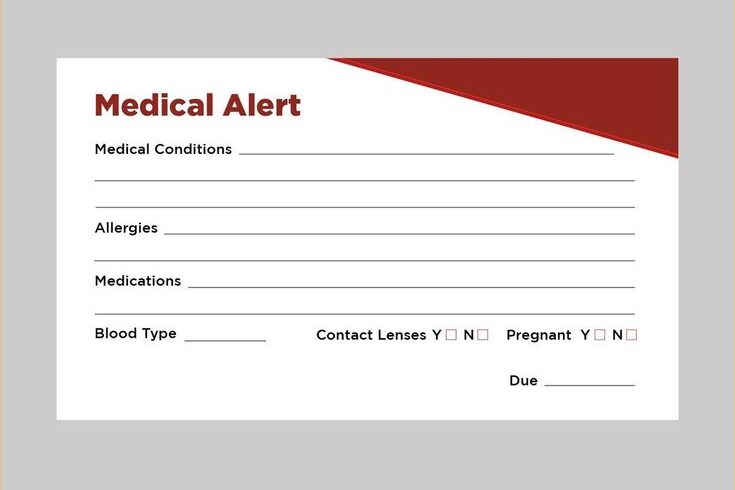
Travelers often overlook this, but it’s a smart move to write down your blood type, allergies, medications and emergency contact info and keep it somewhere on you. Whether you’re healthy or managing a condition, having that info ready can be a lifesaver during emergencies. If anything happens in-flight or at a foreign airport, responders can act faster with accurate info. You don’t want to be struggling to explain a medical detail when minutes matter. A simple card in your bag or wallet does the trick. Sometimes being safe means thinking one step ahead, even when you feel totally fine.
6. Book Morning Flights to Dodge Delays
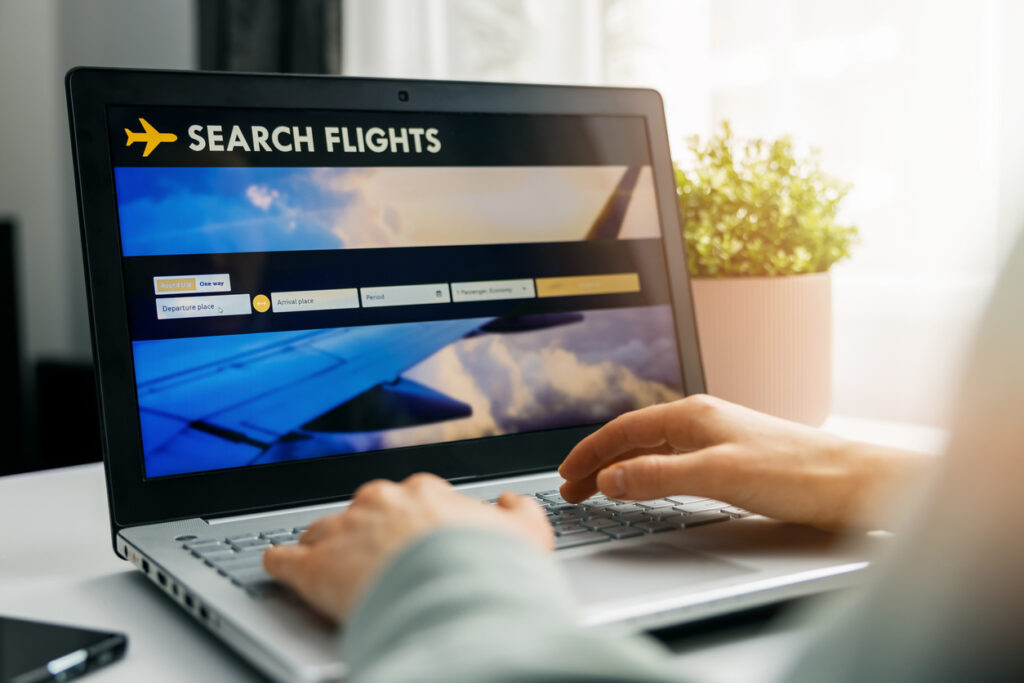
Morning flights aren’t just for business travelers who like waking up at 4 a.m. They’re a go-to strategy for anyone trying to dodge delays, missed connections or weather-related chaos. The earlier the flight, the fewer chances it has to be affected by systemwide slowdowns. Airports are also less crowded and security lines usually move faster. You get in the air before storm patterns shift or airport traffic builds up. Sure, waking up before sunrise isn’t glamorous, but arriving on time and stress-free is worth the sleepy eyes. Getting there smoothly starts with how early you choose to leave.
7. Track Your Bags with a GPS Tag
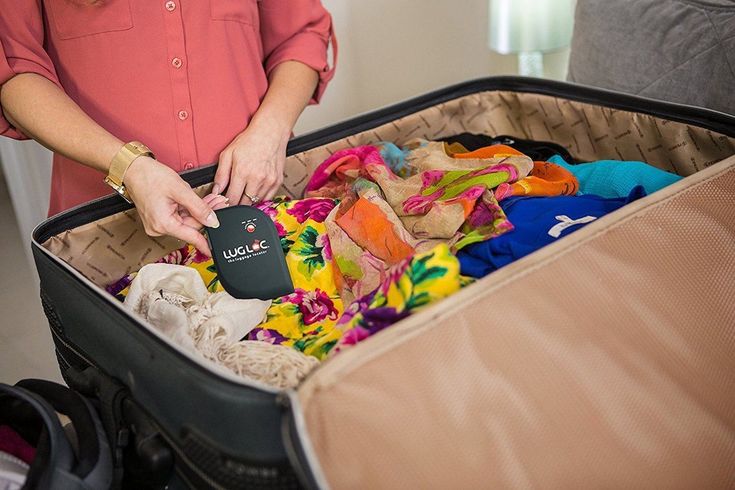
Anyone who’s had their luggage vanish mid-trip knows the panic that sets in. That’s why putting a GPS tracker in your checked bag is such a solid move. It’s a small investment for big peace of mind. If your airline sends your suitcase to the wrong city or forgets it entirely, you can pinpoint its exact location yourself. While others are stuck waiting for updates, you’ve got live info in your pocket. It also helps at baggage claim if you suspect your bag was taken by mistake. A tiny tracker helps you stay one step ahead, even when airlines slip up.
8. Keep a Mini Emergency Kit in Your Carry-On
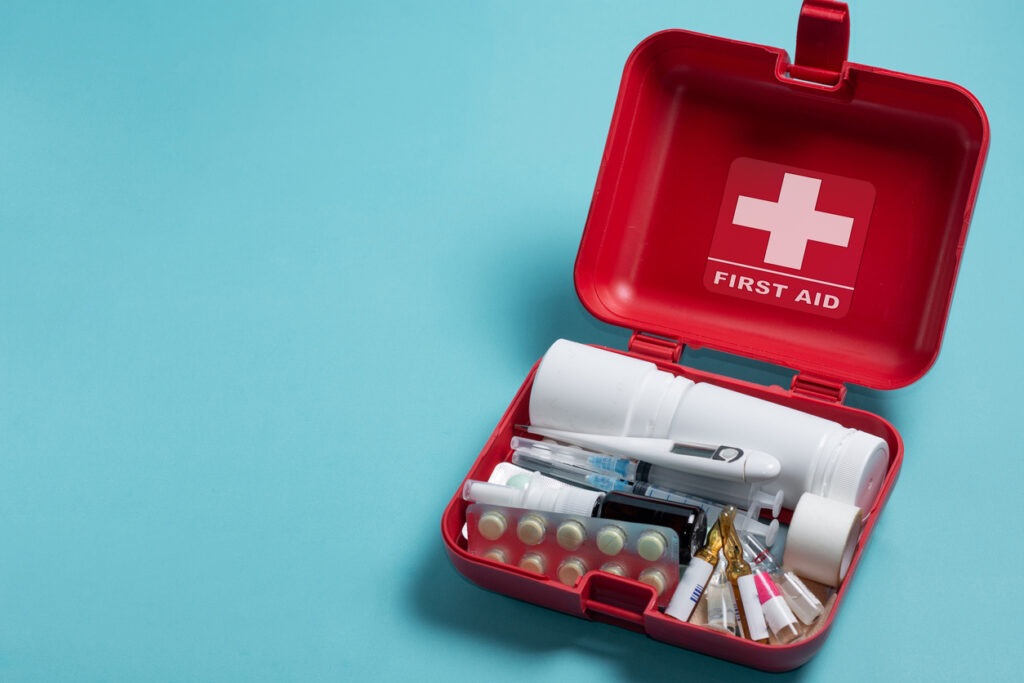
Things happen, and seasoned travelers always prepare for the what-ifs. Pack a carry-on with the essentials you’d need if your checked bag didn’t make it. That means a change of clothes, basic toiletries, essential medications, phone charger and maybe a snack. You’ll be thankful when a layover turns into an overnight delay or your luggage takes an unexpected vacation without you. Airlines do their best, but mistakes still happen. Having a small personal backup makes your trip smoother and less stressful. It’s a bit of effort upfront that pays off when your plans don’t go exactly as planned.
9. Sanitize the Space You Sit In
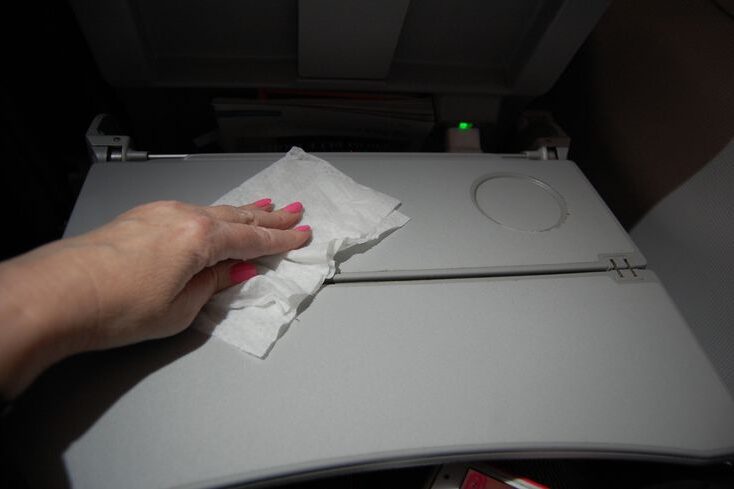
Airplanes are busy spaces with lots of people touching the same surfaces hour after hour. That’s why savvy flyers carry sanitizing wipes and give their seat area a quick clean before settling in. Tray tables, seatbelt buckles, screens and armrests can collect germs, crumbs and spills. It only takes a minute to wipe things down and feel more comfortable in your little corner of the sky. You don’t need to scrub every inch, just a quick swipe to make sure your space is fresh and tidy. It’s a small step that helps you feel a lot more at ease.
10. Use an RFID-Blocking Passport Cover
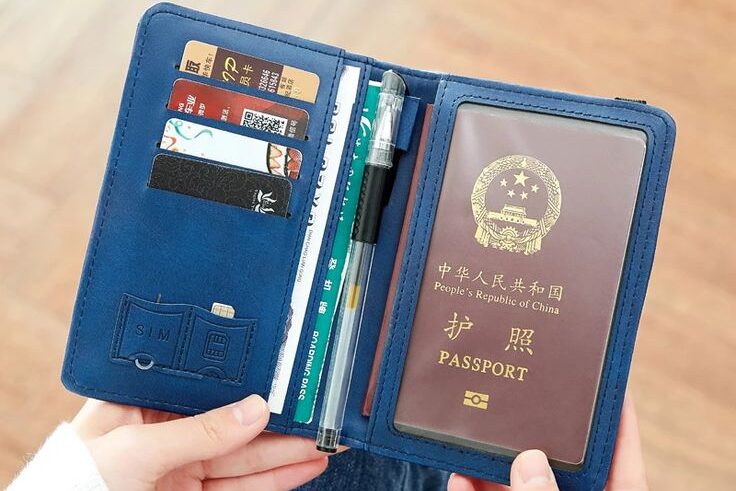
In the age of digital everything, even your passport and cards can be vulnerable to unwanted scans. That’s where an RFID-blocking cover comes in. It’s a simple sleeve that keeps your personal info from being read by electronic devices in public places like airports. You may never know if someone tried to skim your data, and that’s exactly the point. These covers are slim, stylish and add a layer of quiet protection. It’s one of those small travel upgrades that makes a big difference over time. Keeping your identity safe starts with little habits like this one.
11. Don’t Crowd the Gate Before Your Group
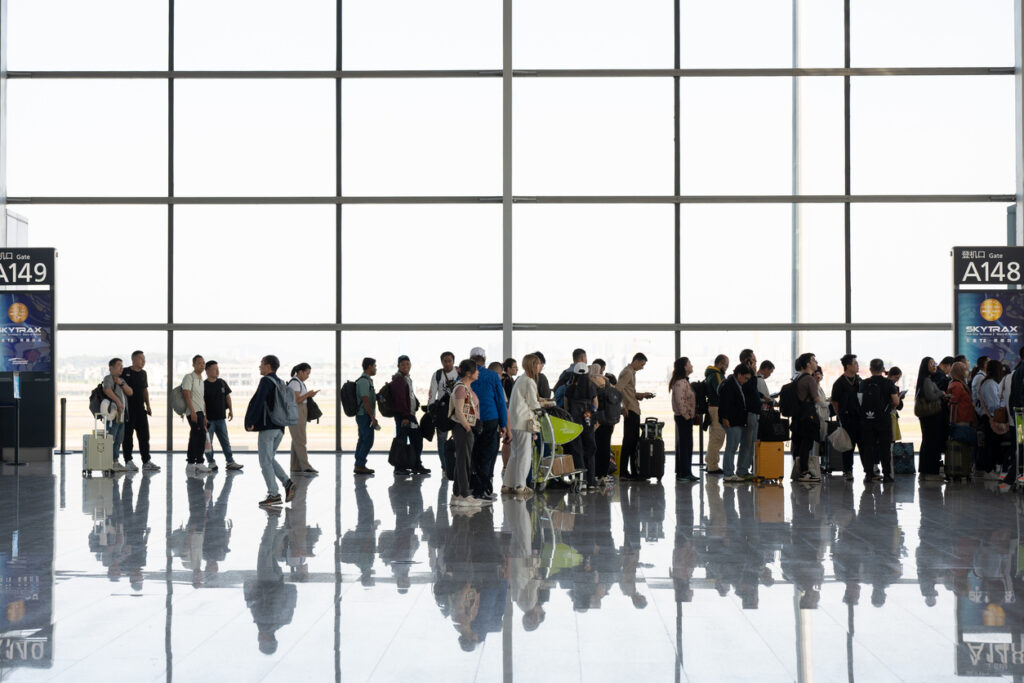
It’s tempting to stand near the gate the moment boarding starts, especially when it feels like everyone else is doing it too. But seasoned travelers know it only clogs the flow and causes unnecessary tension. Wait until your group is called, stay relaxed in your seat or nearby, and board when it’s your turn. It’s more efficient and helps the crew manage boarding faster. You’ll still get to your seat, and standing for twenty minutes doesn’t speed anything up. Traveling smart means knowing when to be patient and when to move. Respecting the process helps everyone move smoother.
12. Avoid Switching Seats Without Asking

Everyone wants to sit by the window or move closer to friends, but seat swapping should always involve a flight attendant. Moving without permission can confuse crew members during their safety checks and lead to awkward moments if someone boards late. If you really want to switch, ask the flight crew first and be kind about it. They’re usually willing to help if the flight isn’t full. Respecting the assigned seating process keeps things calm and clear. Traveling well is about more than your own comfort; it’s about cooperating with the system so everyone can fly with ease.
13. Use Noise-Canceling Headphones Respectfully
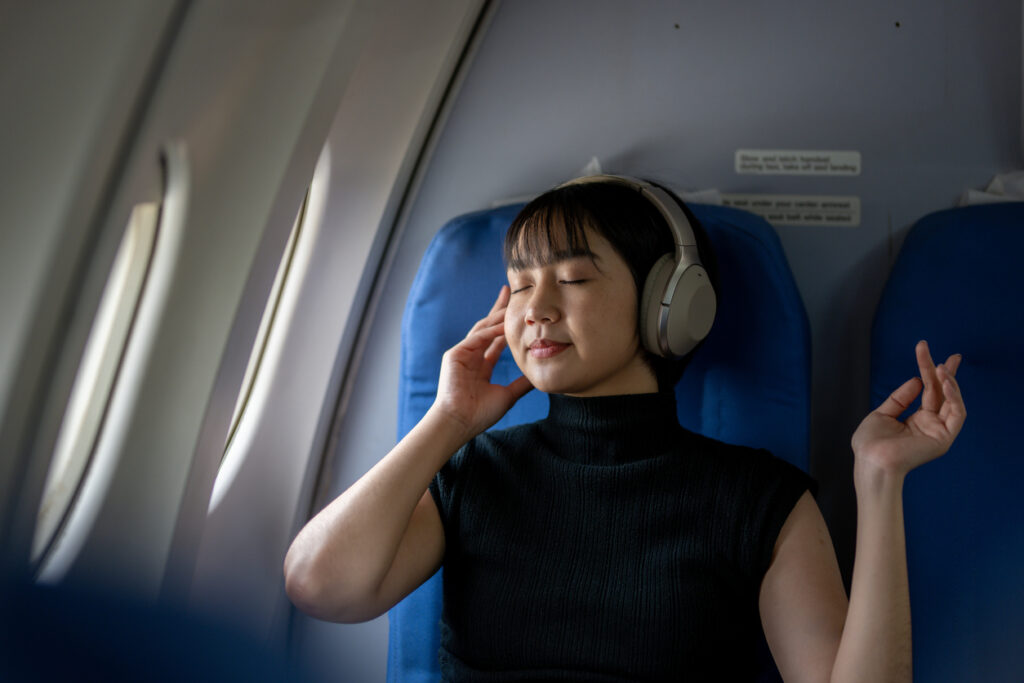
Flying with noise-canceling headphones can be the difference between a peaceful trip and a stressful one, especially when babies cry or engines roar. But here’s the trick, keep the volume low enough to hear announcements and be mindful during safety briefings. Blocking out sound is fine but tuning into what matters is even smarter. Avoid blasting music or movies so loud that your neighbor hears everything too. It’s all about balance. Travel should feel comfortable and personal, but not at the expense of those around you. Good headphones are a blessing but using them kindly makes you the traveler people want beside them.
14. Bring a Refillable Bottle and Fill It Post-Security
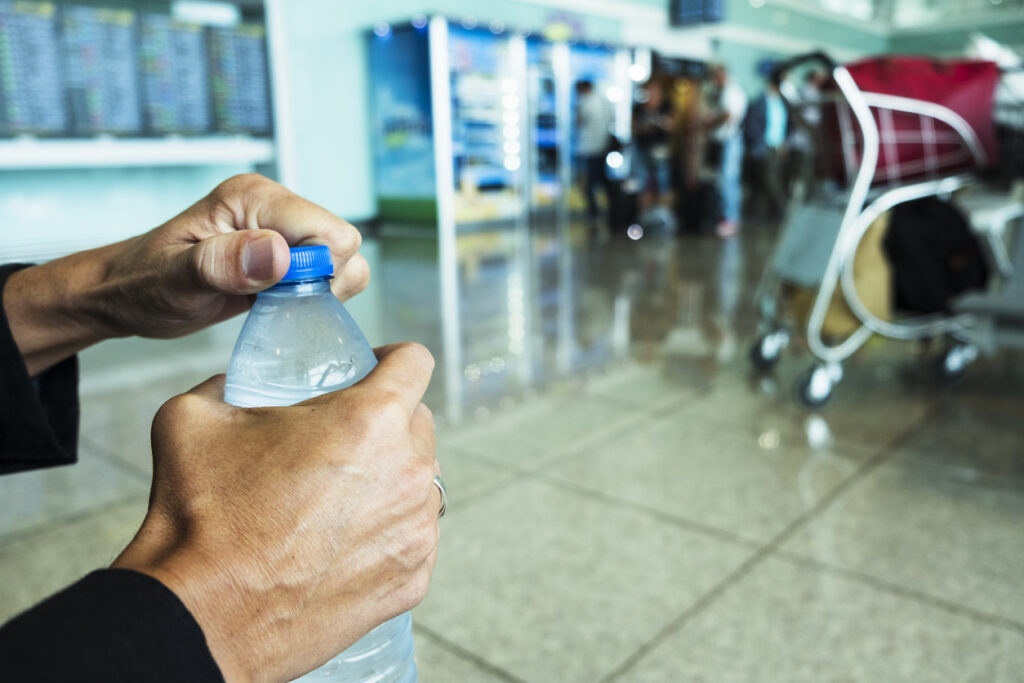
It’s easy to forget hydration when juggling tickets, luggage, and long lines. That’s why packing a refillable water bottle is such a smart move. Just make sure it’s empty before security, then fill it up at a fountain or water station once you’re through. It saves you money, helps reduce waste, and keeps you hydrated in the dry cabin air. Some airports even have touchless refill stations now. Instead of relying on tiny cups from the drink cart, you’ll always have water at arm’s reach. Little routines like this make travel smoother and healthier, even when the journey feels long.
15. Dress in Layers That Breeze Through Security
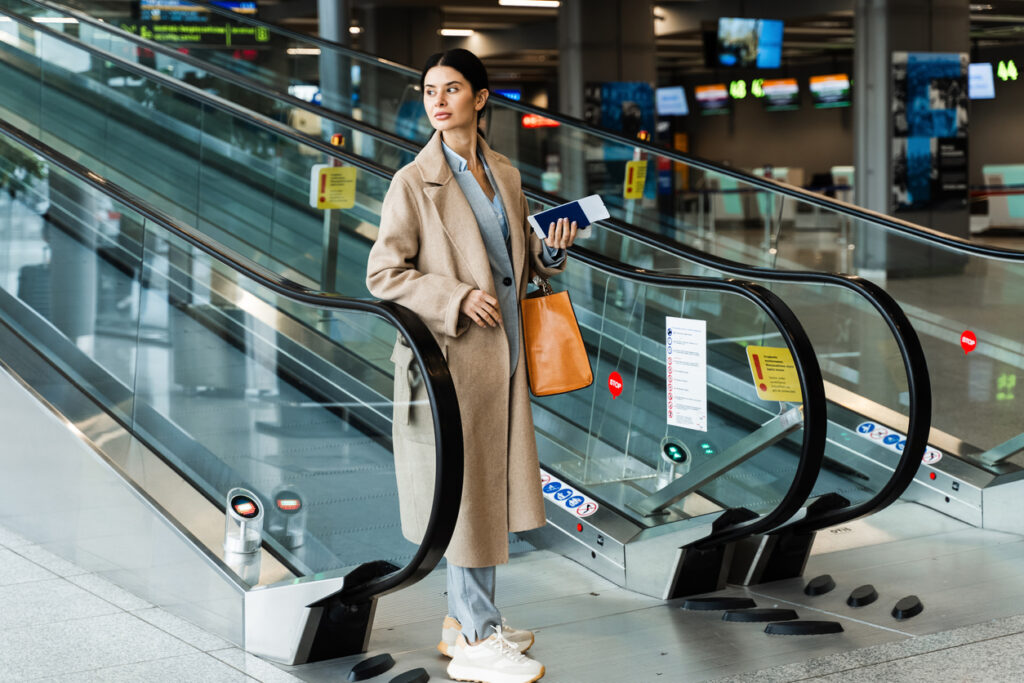
Choosing what to wear on a flight is about more than style. You want clothes that are comfy, breathable, and easy to remove if TSA asks. Layered outfits work best—a lightweight jacket or hoodie over a T-shirt gives you options for cold planes or warm terminals. Avoid metal accessories, bulky shoes, or belts that trigger security scanners. You’ll get through faster and feel better while waiting to board. The right outfit doesn’t just save time, it keeps you comfortable throughout your trip. When you’re spending hours on planes and in airports, your clothes should be your co-pilot, not a hassle.
16. Always Have Printed or Downloaded Boarding Info
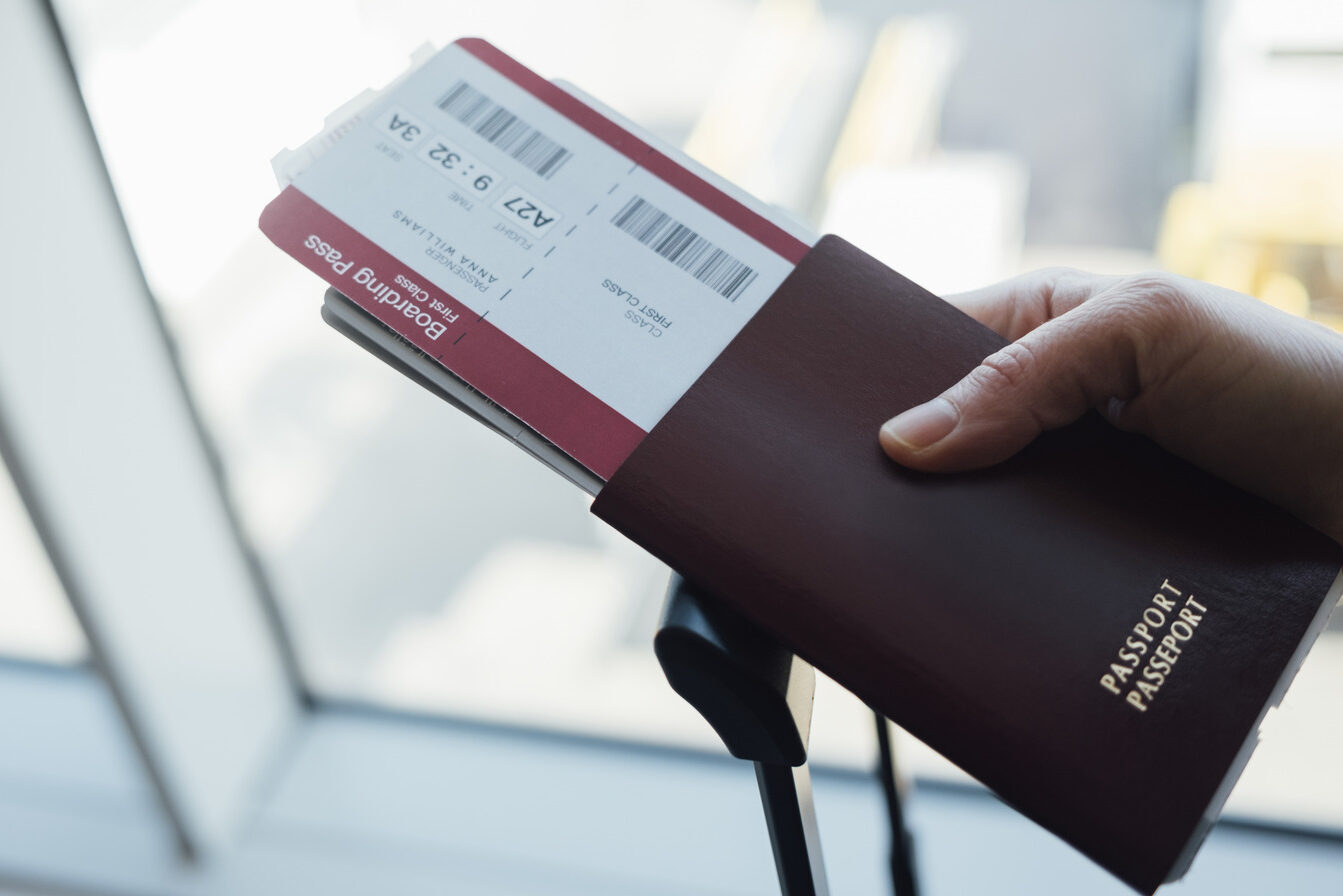
Apps are handy, but your phone battery isn’t always reliable, and signal drops happen. That’s why printing your boarding pass or downloading it before arriving at the airport is a seasoned travel tip. It takes just a few taps or a quick printout, and it ensures you’re not stuck digging through emails or searching for Wi-Fi. If there’s an issue at check-in or a gate change, having your documents ready gives you the upper hand. It’s not about being old-fashioned, it’s about being smart. Technology’s great when it works, but backup plans are what keep your trip moving.
17. Know Your Airline’s Baggage Rules
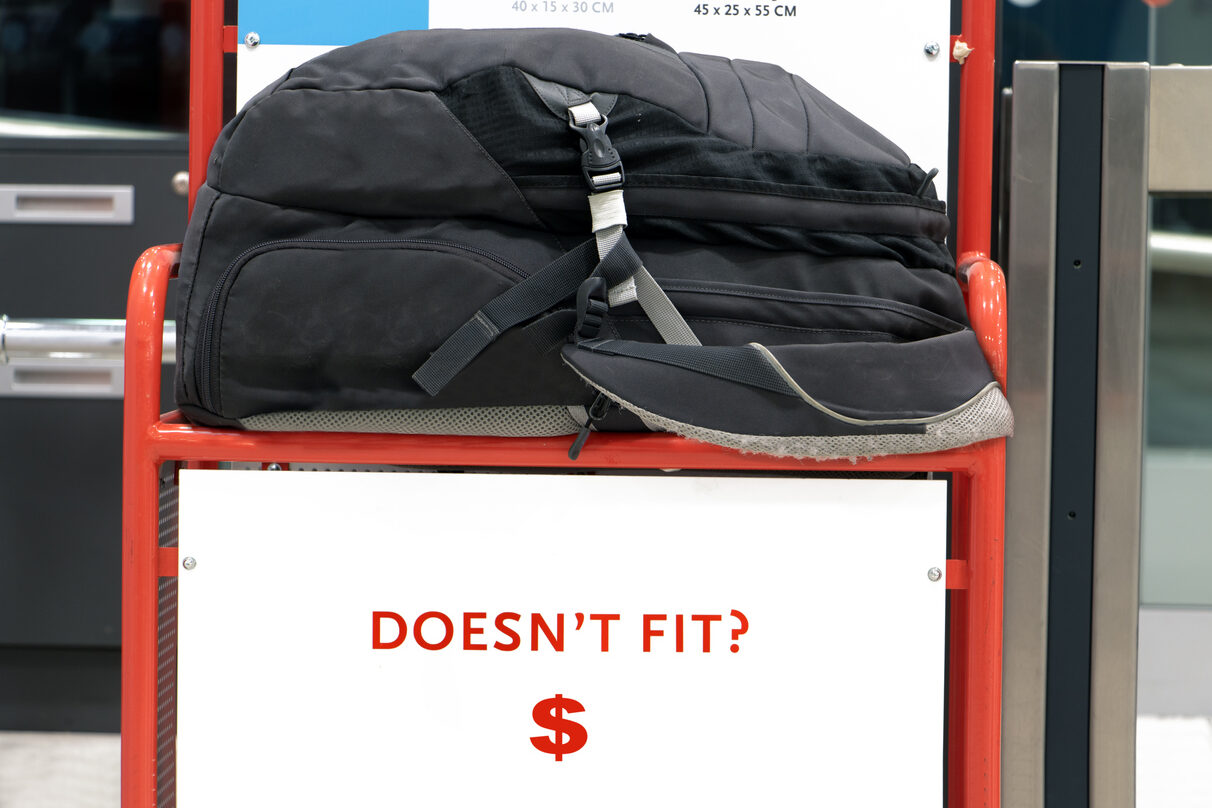
Every airline has its own baggage policy, and nothing starts a trip off worse than getting hit with surprise fees. Before heading out, check the weight and size limits for both carry-on and checked bags. Know what’s included in your ticket and what costs extra. Some budget airlines charge for overhead bin space, while others allow one personal item only. Knowing ahead saves time, money, and stress at the airport. It also helps you pack more efficiently, so you’re not digging through luggage to reshuffle at check-in. A few minutes of planning avoids a world of annoyance later.
18. Keep Digital and Hard Copies of Important Docs
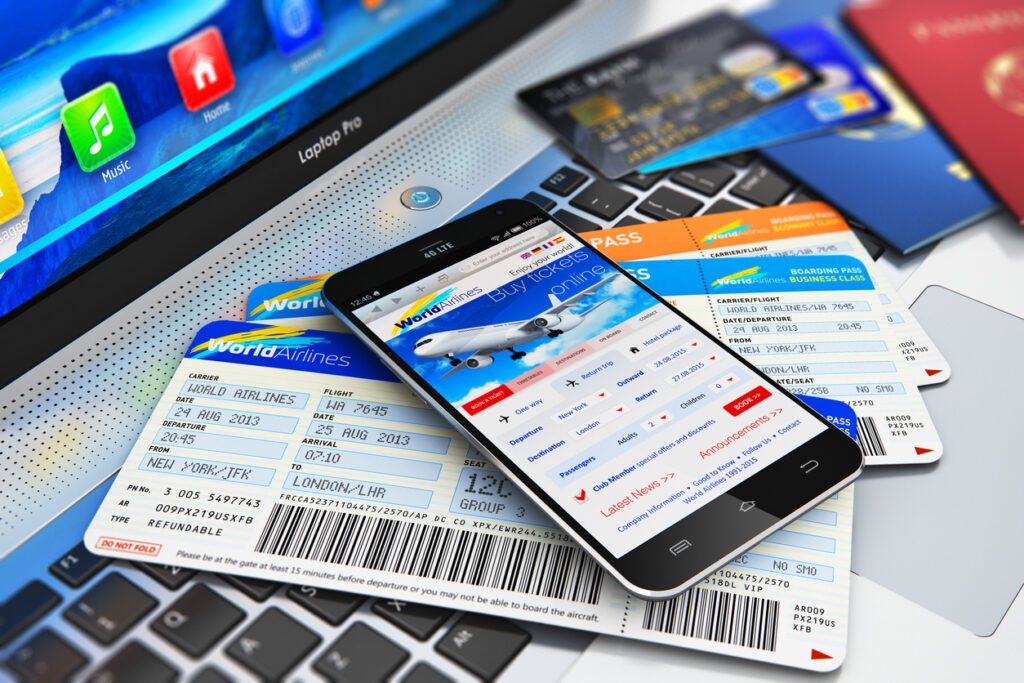
It’s a small but powerful habit: save your travel documents on your phone but always carry printed copies separately. Whether it’s your hotel confirmation, itinerary, or boarding passes, having both versions keeps you ready for anything. If your phone dies, freezes, or goes missing, the paper copy becomes your lifesaver. And in places where digital files aren’t accepted or Wi-Fi is weak, printed details save time and confusion. It’s the kind of thing you won’t think about until it matters, and when it does, you’ll be glad you had a backup. A traveler prepared is a traveler who stays calm.
19. Don’t Recline During Meals or Short Flights
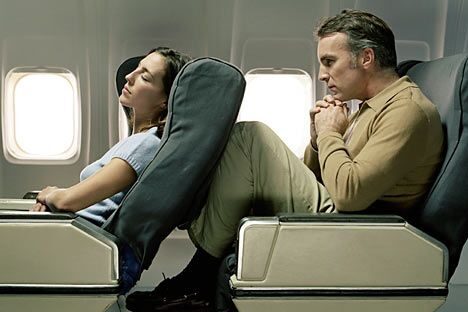
We all want a little extra space, but reclining your seat at the wrong time can cause big discomfort for the person behind you. During meals or on short flights, it’s best to keep your seat upright. It shows respect and avoids awkward spills or bumped knees. If you do recline, check behind you first and ease back slowly. It’s about creating shared comfort in tight quarters. Travel etiquette may seem small, but it sets the tone for a smoother flight. When everyone gives a little space, everyone arrives a little more relaxed, and maybe even a little kinder.
20. Be Kind to Flight Attendants and Crew
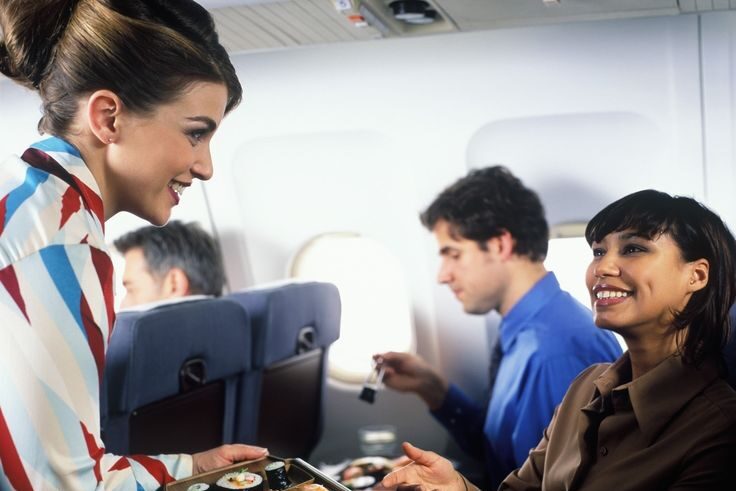
Flying can be stressful, but that doesn’t mean kindness should go out the window. Flight attendants handle a lot, from emergencies to messy spills and rude passengers. A simple “please” or “thank you” goes a long way. Being polite doesn’t just make their day better, it often gets you better service, too. Need help stowing a bag or switching seats? Courtesy makes it more likely someone will go the extra mile. Travel isn’t just about getting somewhere; it’s about how you treat people along the way. Small kindnesses add up and often return to you when you least expect it.
21. Keep Conversations Light and Voices Low
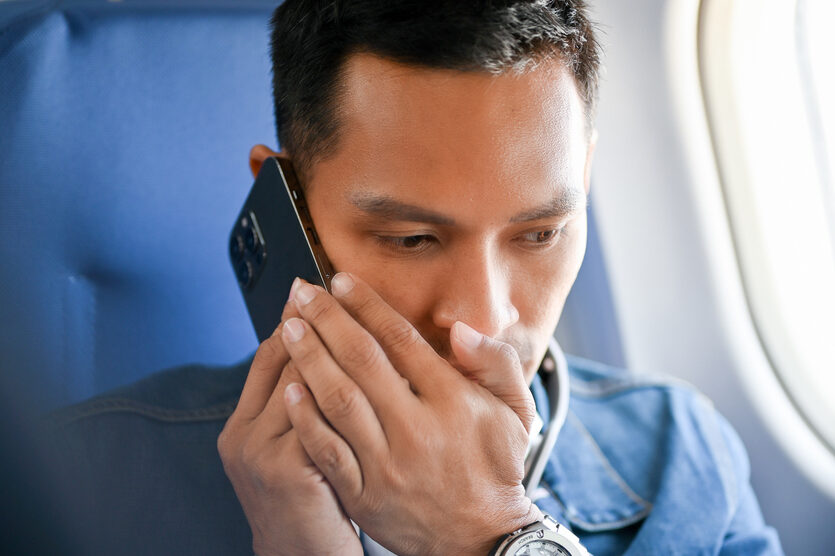
Airplanes are shared spaces, and sound travels farther than most people think. Keeping your voice low during conversations shows respect for those trying to nap, read or focus. Save the deep gossip or loud stories for after landing. It’s okay to chat, just stay mindful of volume and content. Some cabins have microphones that pick-up sound more than we realize. When in doubt, keep it light and quiet. The flight is temporary, but how we treat people lingers. Traveling well means moving through shared spaces with grace, and a little awareness goes a long way.
22. Don’t Count on Inflight Wi-Fi
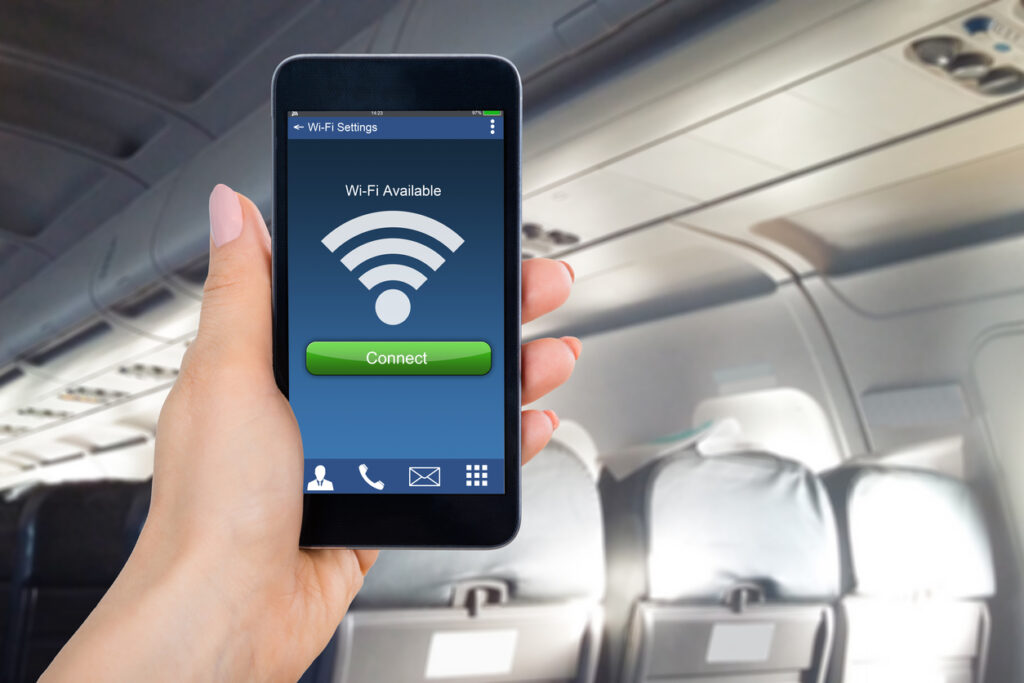
Wi-Fi in the sky might sound great, but it’s often slow, patchy, or just plain unavailable. Download your playlists, eBooks, maps, or movies before you fly. That way, you’re not stuck waiting for content to load while everyone else is trying to connect, too. Offline entertainment gives you a smoother experience and helps you avoid relying on unreliable service. It’s one of those habits that feels small but pays off big midair. You’ll enjoy your time more when you’re prepared for the digital quiet. The sky isn’t always connected, but you don’t have to be stranded in boredom.
23. Make Sure You Have REAL ID or a Valid Passport
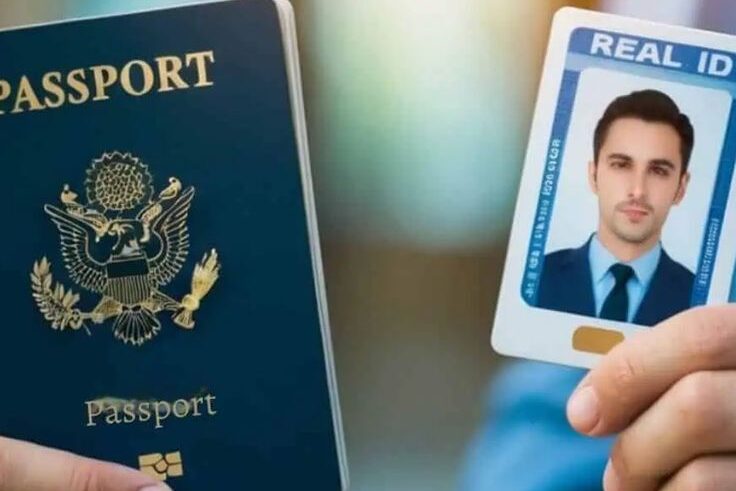
Starting May 7, 2025, U.S. travelers will need a REAL ID-compliant driver’s license or a valid passport for domestic flights. This isn’t just a travel tip, it’s a must-know rule. Many people have overlooked this and could face delays or outright denial at security. Check your ID now, and if you’re unsure, visit your local DMV or look for the star marking on your license. A little check today prevents panic on the day of your trip. Travel always rewards preparation and staying updated on the rules is one way to keep your journeys smooth and stress-free.
This story was first published on Daily FETCH


